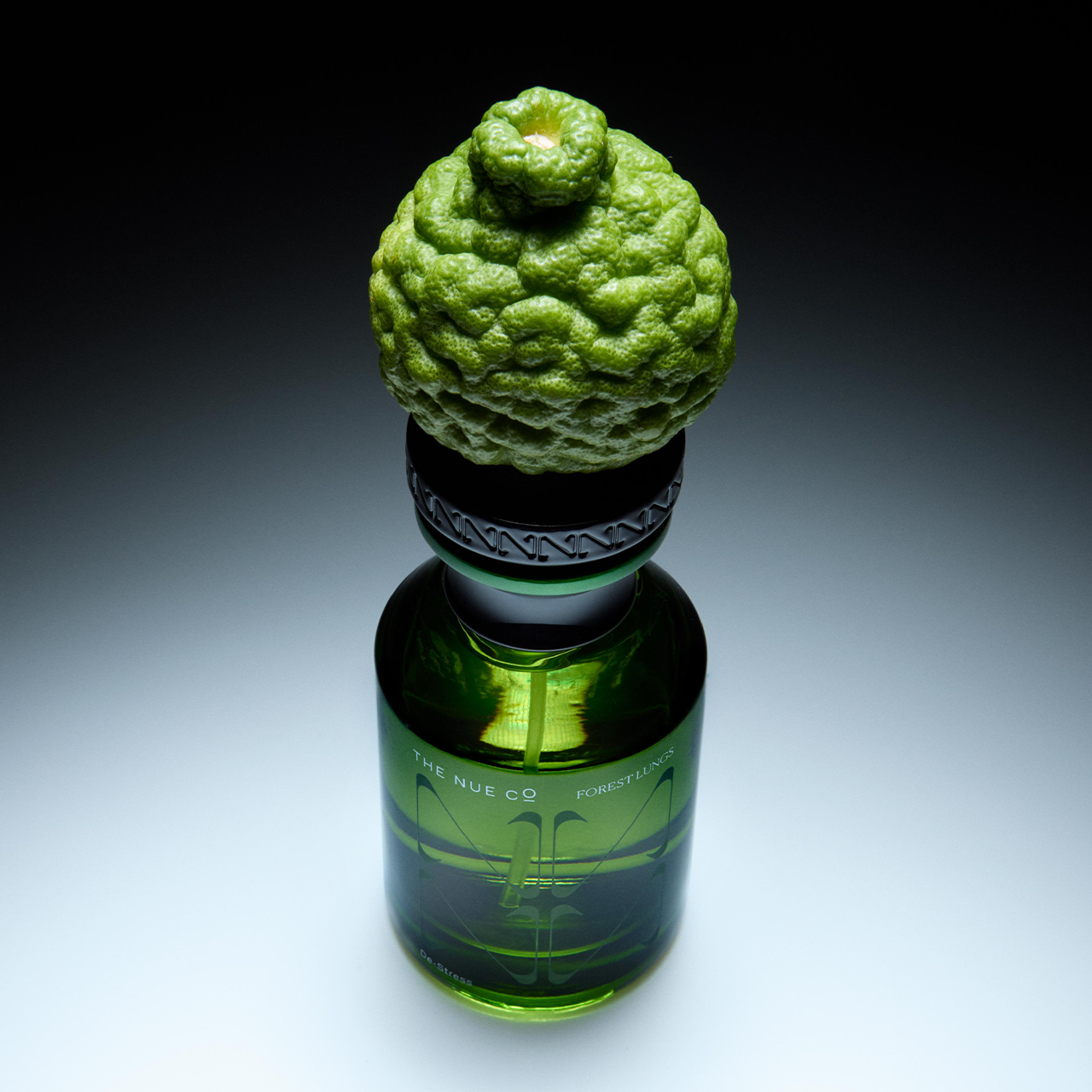The science behind the calming effect of forests


Recall the last time you walked through a forest or the woods, and you’ll likely remember the feeling of calmness that washed over you; perhaps you breathed a little deeper, your shoulders relaxed away from your ears, or you felt more clear-headed.
A change of scenery can prompt reflection and renewed perspective, as can immersing yourself in a slower pace of life and taking time away from the blue light of screens, but there’s a scientific reason why the Japanese tradition of forest bathing (or shinrin-yoku) is so popular and effective as a mindfulness exercise—it’s a chemical produced by trees called phytoncides.
Forests are often seen as the “lungs” of Planet Earth because they absorb carbon dioxide and emit oxygen, generating the fresh air we relish during visits to rural areas. They also filter air pollutants through their leaves, which is why many cities initiate tree-planting schemes to improve air quality and mitigate climate change. But phytoncides are perhaps a lesser-known detail; an invisible medicine that delivers healing benefits every time we simply inhale them.
Dr. Qing Li has studied and shared the effects at length as the world’s foremost expert in forest medicine. Author of Shinrin-Yoku: The Art and Science of Forest Bathing, medical doctor at Tokyo’s Nippon Medical School, and founding member and chairman of the Japanese Society for Forest Medicine (to name just a few of his titles), Dr Qing Li sites phytoncides (wood essential oils) as responsible for the relaxation effects experienced after visiting a forest.
Phytoncides are volatile organic compounds; airborne chemicals that disperse in large numbers due to their high vapor pressure and low water solubility. They play an important role in plant immunity, acting as trees’ defense system against attaching organisms like bacteria, insects and funghi. Having studied the effects of environmental chemicals, stress and lifestyle on immune function, and utilising the knowledge that stress impairs immune function, Dr. Qing Li explored the notion that forest bathing may be beneficial to immunity by reducing stress.
Through his research, he found that phytoncides—once inhaled—significantly increase levels of natural killer (NK) cells in the human immune system and that these effects lasted for more than 30 days after a trip to a forest. Their ability to ease stress is due to reducing the stress hormones cortisol, adrenaline and noradrenaline and boosting the parasympathetic nervous system, which helps the body rest and recover, and reducing activity of the sympathetic nervous system (which is responsible for the fight-or-flight response).
The benefits don’t stop there: Dr. Qing Li’s research has shown that phytoncides reduce blood pressure and heart rate; reduce symptoms of anxiety, depression and fatigue; improve sleep; increase energy, concentration and memory and boost the production of anti-cancer proteins. Being among evergreens such as pine, cedar, spruce and conifer will give optimum benefits as they have been found to produce the most phytoncides.
“Walking in the forest can help us to clear our minds and feel at peace by encouraging us to step away from our stresses and devices,” says Dr. Qing Li, but it’s not speculative: “There is real science behind these mood shifts, and there’s a chemical basis for the calming feeling we get from being among the trees.”
Dr. Qing Li recommends using essential oils (phytoncides) to connect to nature through our sense of smell when indoors. FOREST LUNGS is an anti-stress fragrance that brings the outside in by using phytoncides to deliver the healing effects of nature.

